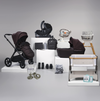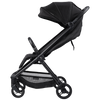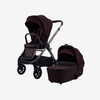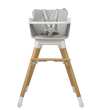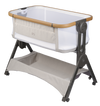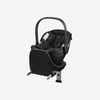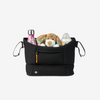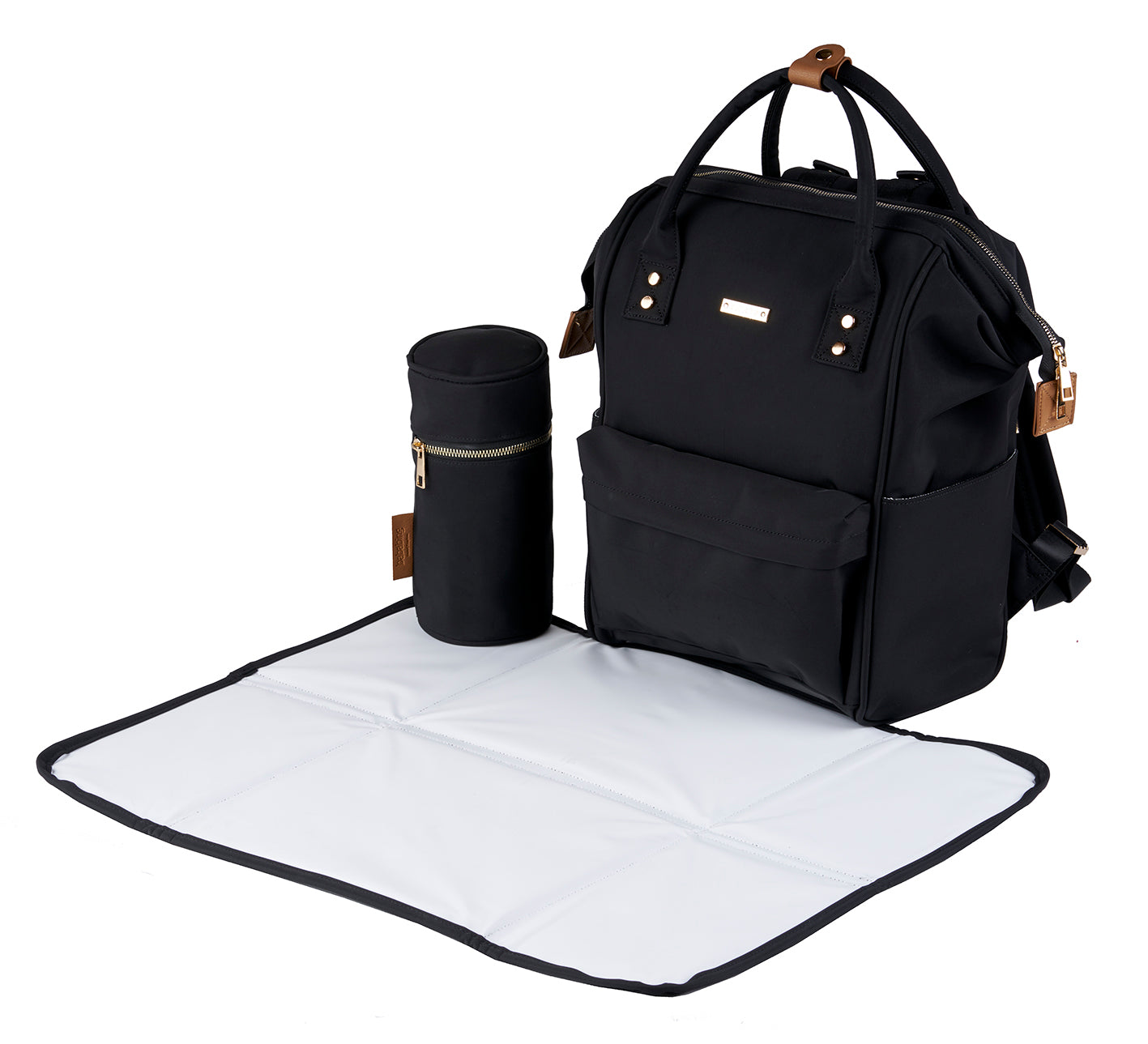Routines are great for your baby too. Imagine being born into a brand-new world. Think about the new sounds, smells and sensations – not to mention everyone from the postman to your second cousin once removed wanting to cuddle your baby! A routine will help your newborn feel more settled.
What you can do is look for general cues and learn what your baby wants and when. You can't impose a strict schedule, but you can start with small habits that will help in the future. Though how do you get your baby into a routine? We’ve put together five steps to help you form good habits and get an idea of what the early days will be like with your newborn.
5 Steps to Your Newborn Baby Routine
1) Feeding Time
For the first three months, your baby will need to be fed every 3-4 hours – that’s during the night too. The NHS advises to nurse your baby no less than eight times every 24 hours for the first few weeks. With this in mind, you can get a rough idea of how often you should feed your baby.
You can’t overfeed a breastfed baby, so nurse your little one whenever they’re hungry. When creating your newborn baby routine, look for feeding cues to know when they want to eat. Your baby might:
- Seem restless
- Make mumbling sounds
- Suck on their fingers and hands
- Turn to you with their mouth open
You also usually experience your breasts feeling full of milk. Noticing feeding cues early is important because it’s so difficult to feed an unsettled, crying baby.
Establishing a feeding baby routine isn’t always as simple as nursing every three hours. You might notice patterns when your baby doesn’t want to feed, like when they’re wide awake and feeling playful. Try and stick to the three-hour schedule when possible, but even if you can’t, your baby will let you know when they’re hungry.
2) Playtime
Even though a tiny infant can’t hold toys or understand story books, playtime should be a vital part of your newborn baby routine.
Playtime is important for a baby’s development. Chat to your baby, smile at them, give lots of cuddles and let them have fun in their baby bouncer. Regular playful contact will help you bond with your baby. Plus, it teaches them how to socialise and communicate their needs.
You don’t need to be on a strict schedule, but your daily newborn baby routine should include lots of playful interaction. Watch out for cues, like your baby being:
- Attentive and alert
- Interested in their surroundings
- Focused on you
If your baby is awake but seems fidgety, tired and fussy, then they’re not ready to play. Try not to overstimulate your baby (when there’s too much going on at once). If you see signs of overstimulation, it might be time for a nap.
3) Nap Time
Nap time is definitely on your baby’s agenda, but you don’t need to make naps part of your newborn baby routine just yet. Tiny infants will sleep when they need it and every baby establishes their own sleep pattern.
Babies need around 14-18 hours of sleep every 24 hours and they'll nap whenever they want to. Your newborn could nap for 15 minutes or doze off for hours at a time, but they’ll normally sleep on and off throughout the day. In general, you can expect your baby to take 4-8 naps a day.
For naps, you can relax your newborn baby routine. Let your little one sleep when they want, for as long as they want.
4) Bath Time
Your newborn baby routine doesn’t need to include a bath every single day. While time in the tub can help relax your tot and get them ready for a good night’s sleep, daily baths could dry out your baby’s skin. Infants with eczema especially don’t need a bath every day.
Instead, keep your little one clean by making ‘topping and tailing’ part of your newborn baby routine. First, lay your baby on their changing mat. Then use cotton wool dipped in warm water to gently clean your baby’s skin, taking care to use a new piece of cotton wool for delicate areas.
Of course, if your baby likes being bathed and they don’t have sensitive skin, you can do so every day.
5) Bedtime
In the beginning, it’s very unlikely your baby will sleep through the night. But by establishing a bedtime newborn baby routine, you can help your little one sleep for longer periods at night.
First, try to teach your tot the difference between night and day. In the evening, turn the lights down low or off, keep your voice quiet and avoid playing with your baby and overstimulating them. Look out for cues that show your baby’s very tired:
- Rubbing their eyes
- Yawning
- Closing their fists
- Losing focus on you
- Pulling at their ears
More obvious cues like crying and whining might mean your baby is overtired and harder to get to sleep. Start your bedtime newborn baby routine as soon as you see the earlier cues to avoid a pre-sleep meltdown!
Getting ready for your first baby? Make sure to read about the must-have baby items and make life with your little one that little bit easier.

